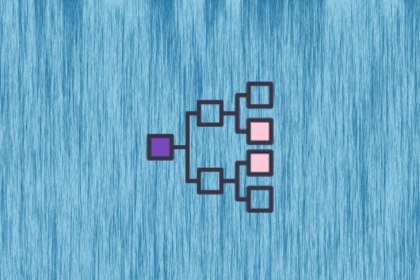
Conjoint analysis is a statistical method often used to conduct market research and evaluate how customers value different product attributes.

Low-hanging fruit are opportunities that have a positive impact on customer experience and aren’t too complex or costly to implement.

As a product manager, you are the one responsible for building the unique selling proposition for your product.

Often, product managers shoulder the full blame for failing to identify edge cases early in the product development process — that is, before the sprint begins.

In digital products or digital marketing, CTAs are commonly used to drive user engagement, promote conversion metrics, and help achieve business objectives.

An opportunity solution tree is a visualization tool designed to help product teams determine the best path to achieve a desired outcome.

Product-market fit allows you to provide immediate value to users who are seeking a solution for a problem that they’re experiencing.

Fostering an experimentation culture tends to be a lot harder for bootstrapped companies than for companies who can afford to take the risk.

Lean Six Sigma is a data-driven methodology designed to help you identify and eliminate process inefficiencies while reducing variation and enhancing quality — all with an eye towards achieving operational excellence.

It’s way too common for product managers to try to fight churn without understanding what type of churn they’re dealing with.

The OODA loop strategy is a decision-making process designed to facilitate quick and efficient problem-solving before your competitors can.

The goal of continuous optimization is to assess the impact of the tests you ran and create capacity to keep working through the hypothesis.